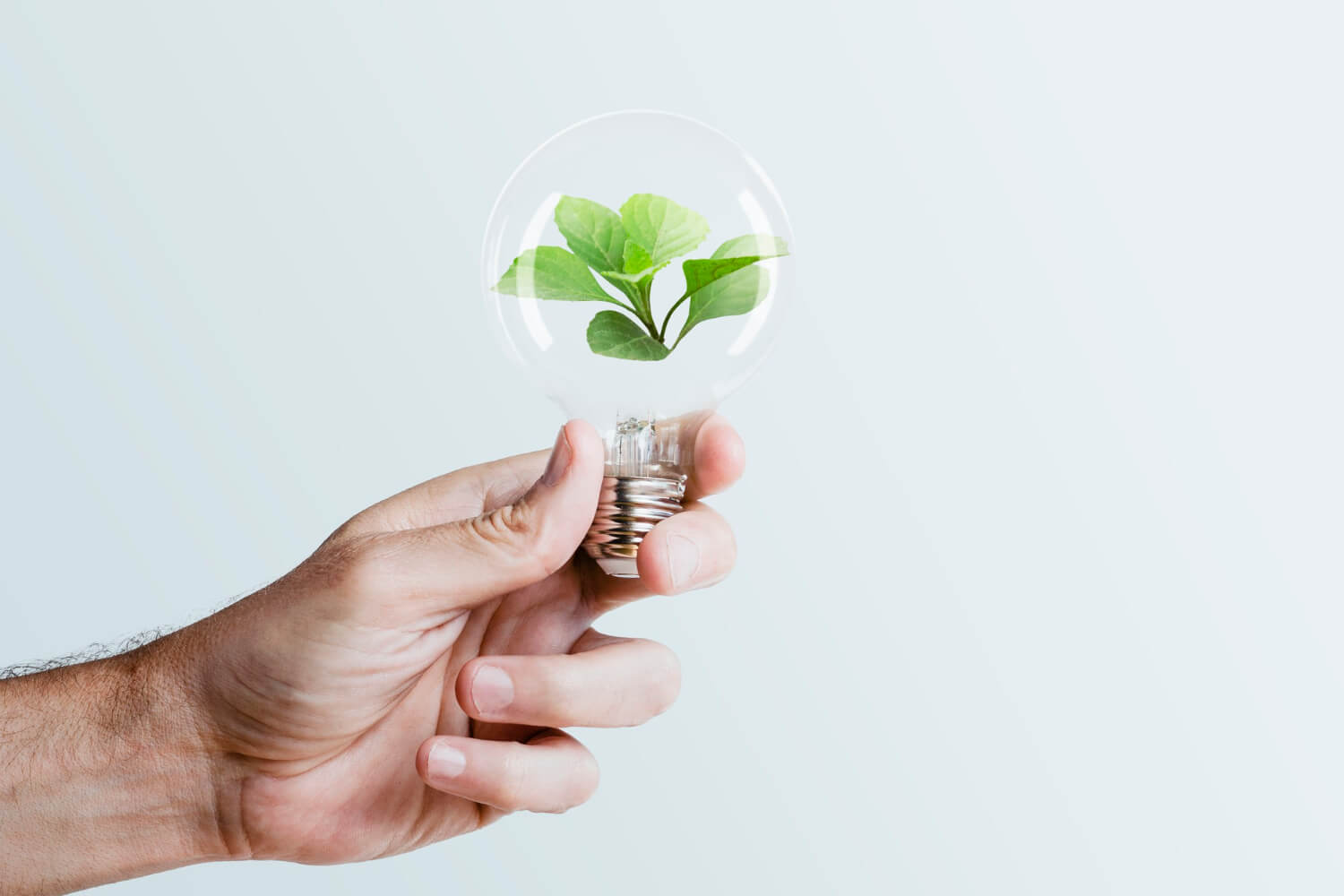Transitioning to Clean and Sustainable Energy
This initiative is focused on significantly increasing the use of renewable energy and improving energy efficiency throughout the Philippines. The goal is to support the country's shift towards cleaner energy sources, working closely with national and local government bodies, as well as private businesses.
Key efforts are dedicated to:
- Supporting a smooth energy transition and wider renewable energy deployment.
- Providing policy support and building local capabilities for green energy development.
- Achieving significant reduction in greenhouse gas emissions.
- Encouraging the adoption of low-carbon practices by industries and communities.
- Accelerating decarbonization efforts to protect the climate.

